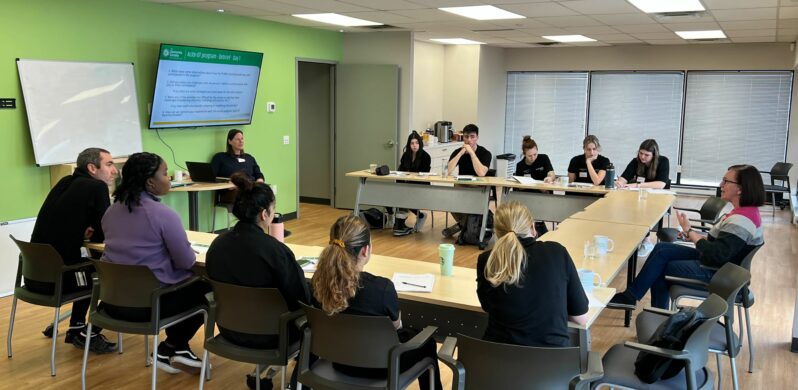A new, never-before studied type of dementia has been discovered. It is being called LATE dementia (this is an acronym for Limbic-predominant age-related TDP-43 encephalopathy). LATE presents many of the same symptoms as Alzheimer’s Disease, and the two have been confused for one another for years. Recently scientists started pressing on the need to define this neurodegenerative disease, so that it could be clearly separated from Alzheimer’s.
LATE affects primarily people over the age of 80, and scientists believe that one in four people older than 85 have some level of cognitive impairment because of the neuropathic changes caused by LATE.
Peter Nelson, MD, PhD, of the Sanders-Brown Center on Aging, University of Kentucky, Lexington, says defining and categorizing this type of dementia “is an important step forward because it will provide a much better basis for studying the diseases that cause the dementia syndrome.”
LATE is caused by a building up the protein TDP-43 in the brain. This differentiates it from Alzheimer’s Disease which is caused by beta-amyloid accumulation. LATE affects three parts of the brain – the amygdala, the hippocampus, and the middle frontal gyrus. This also differentiates it from Alzheimer’s, which affects the entorhinal cortex and the cerebral cortex. Peter Nelson and Julie Schneider, along with an international research group, are the authors of this study. They suggest that a high priority for the near future is the development of a LATE biomarker, which could lead to earlier detection and an ability to predict who might be affected as they age.





